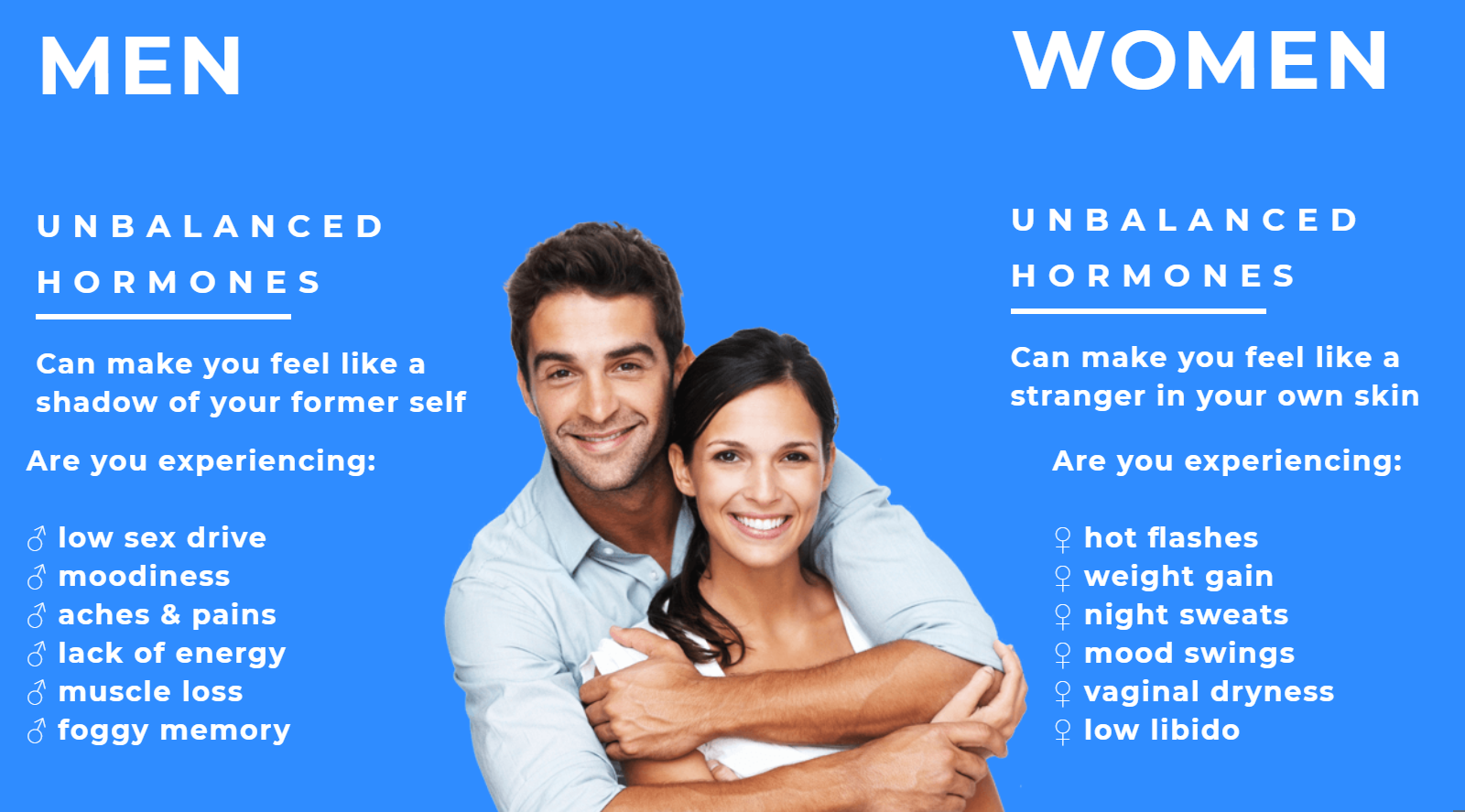The Benefits of Investigating Different Forms Of Hormone Replacement Therapy
Hormone replacement therapy (HRT) is an important tool used to treat hormonal imbalances. It involves changing the balance of hormones in a person’s body, usually by supplementing with synthetic hormones or using natural herbs and supplements. While many people turn to HRT for relief from menopause symptoms, it can also be beneficial for those who are looking to improve their overall health and wellbeing. In this article, we’ll be exploring the various forms of hormone replacement therapy and how they can benefit individuals seeking improved quality of life.
One of the most common forms of hormone replacement therapy is testosterone supplementation. Testosterone boosters are formulated to help restore levels of testosterone in men who have low levels due to age or other factors. These testosterone boosters are very effective when taken as directed, providing a host of benefits such as increased libido, improved muscle mass and strength, and even better mental clarity. Other benefits include better sleep patterns and improvement in moods and energy levels.

What Is Testosterone Replacement Therapy?
Testosterone replacement therapy (TRT) is a form of hormone therapy that helps restore healthy levels of testosterone in men who have experienced low levels due to age or other factors. TRT is typically administered either orally or through injections into the skin, depending on the type chosen by the patient and doctor. Common side effects associated with TRT include acne breakouts, hair loss, increased risk for prostate cancer, headaches, and fatigue—although these side effects often subside over time once treatment has begun.
Estrogen replacement therapy
Another popular form of hormone replacement therapy is estrogen replacement for women who experience menopausal symptoms such as hot flushes, night sweats, or vaginal dryness and discomfort during sex. Estrogen can also help reduce bone loss caused by reduced ovarian function during menopause; however, because estrogen increases the risk of certain types of cancer in postmenopausal women – including breast cancer – careful monitoring should be done if this option is considered. In addition, some lifestyle changes may offer similar results without putting you at risk.
How does hormone replacement affect fertility?
It’s no secret that fertility declines with age, so hormone replacement can help increase fertility by restoring optimal hormone balance. For example, progesterone can play an important role in increasing fertility rates – helping to prepare the lining of the womb for implantation – in women trying to conceive naturally. Similarly, testosterone therapies can help improve sperm count in men struggling with infertility. However, it’s important to remember that while there are potential benefits associated with hormone therapies, individual results vary widely depending on underlying conditions, so it’s strongly recommended that you consult your doctor before embarking on any hormone treatment.

The advantages and disadvantages of bioidentical hormones
Bioidentical hormones are man-made versions designed to exactly mimic naturally-occurring hormones – and therefore provide more predictable results than traditional ‘synthetic’ versions, which require additional levels to be adjusted before the ideal dose is found. As a result, bioidentical hormones tend to cause fewer side effects than more conventional formulations, but there are concerns about purity, as some formulations are not FDA-approved but are still prescribed by doctors. Ultimately, however, you must weigh your own personal risks and benefits when considering options related to bioidenticals, so talk to your doctor before making any decisions about this type of treatment.
Should you try hormone replacement therapy?
Deciding whether or not hormone replacement therapy should be part of your overall healthcare regimen ultimately boils down to two things: 1) understanding what specific condition you’re trying to address & 2) being aware of the potential risks associated with each particular treatment option available to you regardless of the goals involved – as well as following the advice provided by qualified medical professionals regarding the same issues above all else! That said, sometimes it makes sense to take a risk if the greater good outweighs the downside; just make sure you take appropriate steps to protect yourself, in the long run, should something unexpected happen!
